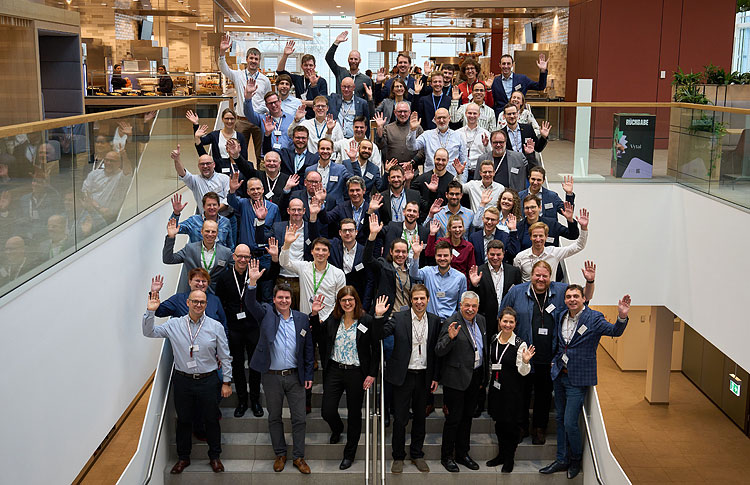INDIAN ARMED FORCES CHIEFS ON OUR RELENTLESS AND FOCUSED PUBLISHING EFFORTS

The insightful articles, inspiring narrations and analytical perspectives presented by the Editorial Team, establish an alluring connect with the reader. My compliments and best wishes to SP Guide Publications.

"Over the past 60 years, the growth of SP Guide Publications has mirrored the rising stature of Indian Navy. Its well-researched and informative magazines on Defence and Aerospace sector have served to shape an educated opinion of our military personnel, policy makers and the public alike. I wish SP's Publication team continued success, fair winds and following seas in all future endeavour!"

Since, its inception in 1964, SP Guide Publications has consistently demonstrated commitment to high-quality journalism in the aerospace and defence sectors, earning a well-deserved reputation as Asia's largest media house in this domain. I wish SP Guide Publications continued success in its pursuit of excellence.
- Indian Air Force Aims for Full Indigenous Inventory by 2047 — Air Chief Marshal A.P. Singh
- Rajnath Singh assumes charge as Defence Minister for the second consecutive term
- Interim Defence Budget 2024-25 — An Analysis
- Union Defence budget 2024
- Prime Minister Modi Flies in the LCA Tejas
- New Chapter in India-Italy Defence Ties
- Airpower beyond Boundaries
Kickoff of the new EU technology program HEROPS

A new venture is taking off: The new Clean Aviation technology program, HEROPS (Hydrogen-Electric Zero Emission Propulsion System), was launched in mid-January. Some 30 representatives of the participating partners in the fields of industry, research, and science came to Munich for the kickoff event at MTU Aero Engines.
Building on MTU's Flying Fuel Cell™ (FFC), the goal is to develop technologies for a climate-neutral, hydrogen-powered electric powertrain that will put regional airplanes in the air starting in 2035. The HEROPS project officially began last September, when the Governing Board of Clean Aviation Joint Undertaking (CAJU) chose eight additional research projects during its second Clean Aviation Call.
During the project's three-year period, the partners, led by MTU, plan to build a HEROPS Ground Demonstrator with 1.2 megawatts of power. They also want to prove the feasibility of the new, groundbreaking technologies and show that they are highly scalable, reaching between two and four megawatts of power using modular engine architecture.
The HEROPS industry partners are MT Aerospace, RTX's Collins Aerospace, Lufthansa Technik and Eaton; the research partners are Royal Netherlands Aerospace Centre (NLR) and the Technical University Vienna.
The Clean Aviation Joint Undertaking (CAJU) is the European Union's leading research and innovation program for transforming aviation towards a sustainable and climate-neutral future. It is a successful European public-private partnership between the European Commission through Horizon Europe, the EU research and innovation program, and the European aeronautics industry. Clean Aviation is the successor to the two Clean Sky programs that ran from 2008 to 2024.
The HEROPS partners:
- RTX's Collins Aerospace, Germany, Ireland, United Kingdom
- Eaton, Czech Republic
- Lufthansa Technik, Germany
- MT Aerospace, Germany
- MTU Aero Engines, Germany
- Royal Netherlands Aerospace Centre (NLR), Netherlands
- Technical University Vienna, Austria





